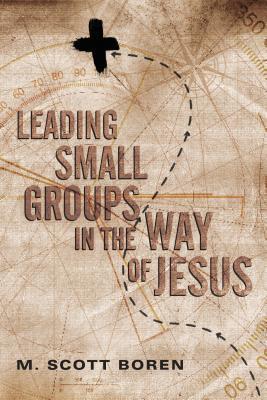What do you think?
Rate this book


219 pages, Paperback
First published December 16, 2014
The search for the ideal personality, the ideal vision and the ideal actions will send us off on detours that might look like the way of Jesus but in reality have little in common with it. We need to reframe leadership greatness so that our way of leading begins to reflect the way of Jesus. For this, Jesus does not give us much in the way of vision clarity or specific actions. Instead Jesus specialized in telling stories and using metaphors, one of which can help us see leadership as he did (23).